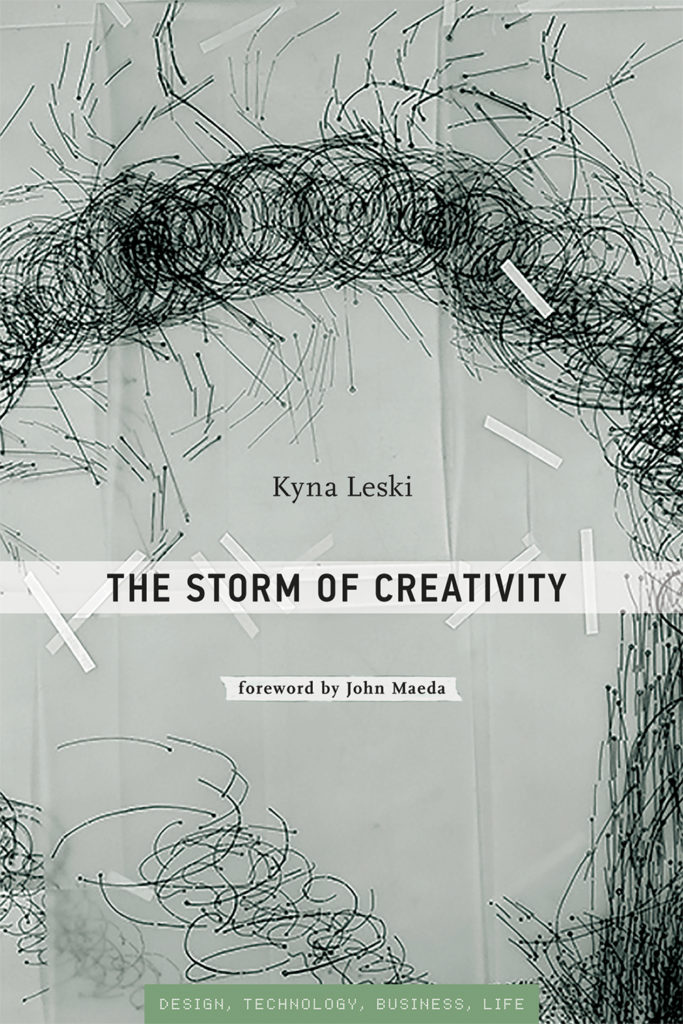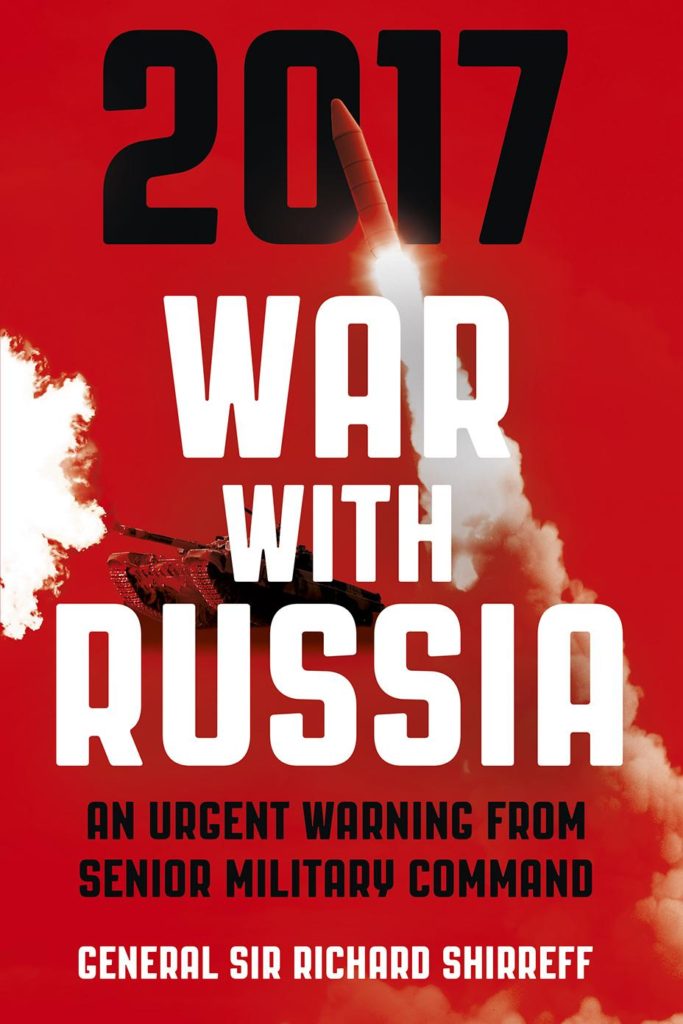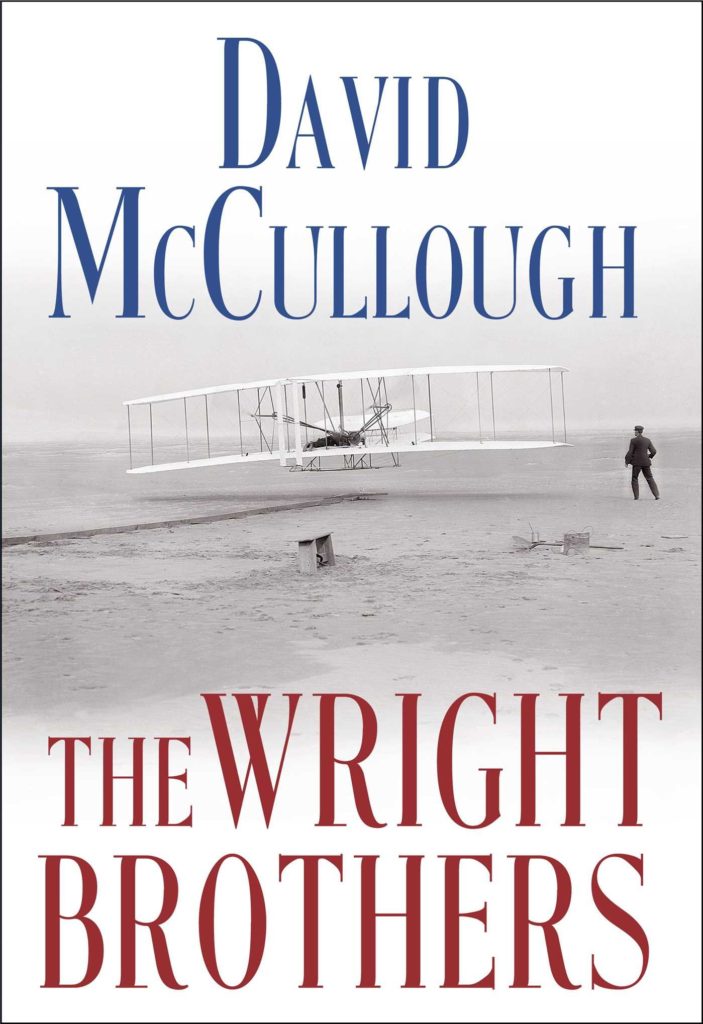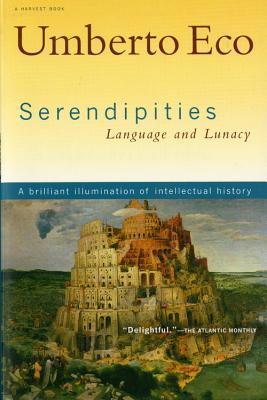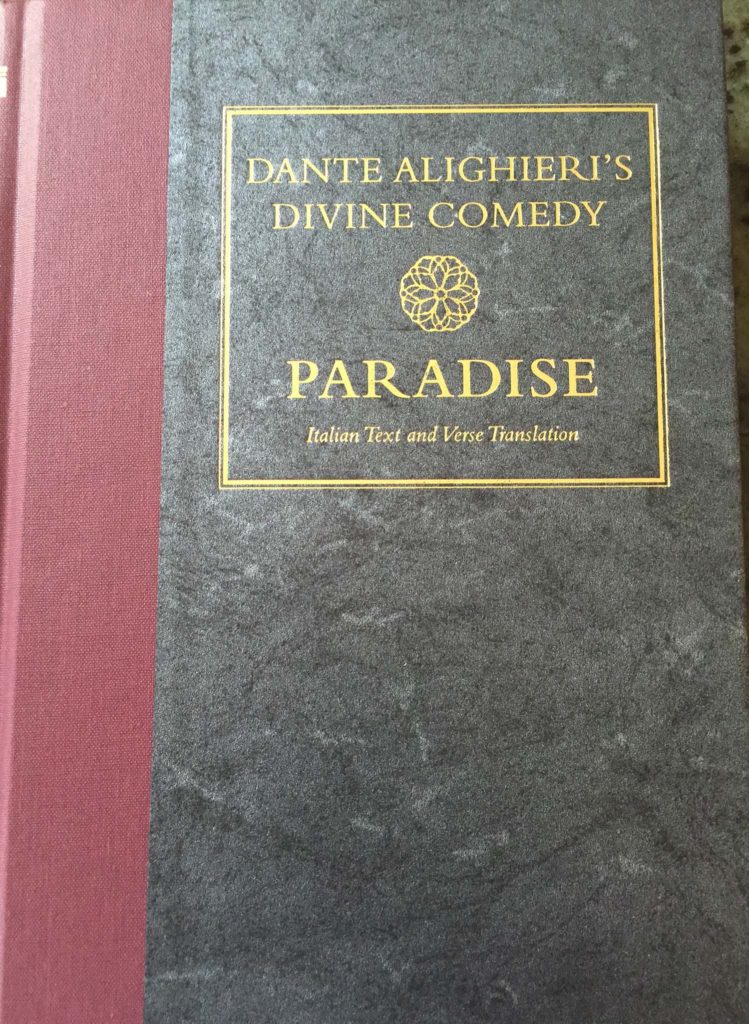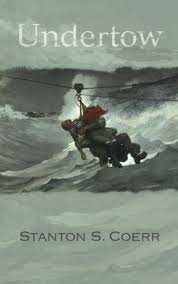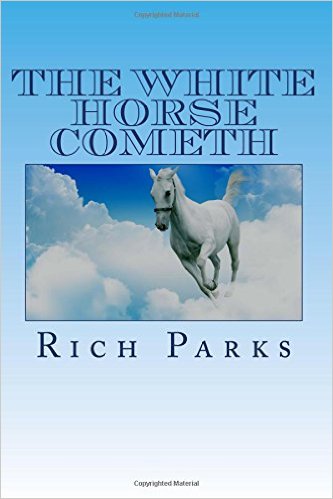If your memory serves you well..
Wednesday, June 7th, 2017[ by Charles Cameron — Muslim travel ban DoubleQuoted with Japanese internment camps, history rhyming, Ginsberg on Dylan’s national rhyme ]
.
Anna O Law (The Immigration Battle in American Courts, Cambridge, 2014) made the connection:
Poll: Half of voters support Trump travel ban https://t.co/QrSShbyXSq pic.twitter.com/Fokenio2cd
— The Hill (@thehill) June 6, 2017
In 1942, 63% of public wanted to send interned Japanese nationals & Americans "back to Japan". 40% of public disapproved of Brown v Board. https://t.co/3XbW7vGFnG
— Anna O. Law (@UnlawfulEntries) June 6, 2017
**
What kind of rhyme is that anyway, Mister History?
Is it one like:
Idiot wind, blowing everytime you move your jaw,
From the Grand Coulee Dam to the Mardi Gras.
— the first version the current Nobel Laureate in Literature tried out — or this, definitive one? —
Idiot wind, blowing like a circle around my skull,
From the Grand Coulee Dam to the Capitol.
**
The question interests me because there’s a back-level where the rhyme is in the concept, not the sound of the words as pronounced by poet or listener, reader — as with the rhyme womb / tomb, where before-birth and after-death meet both soncally and conceptually, making life freshly worthwhile as only the mechanics of poetry can.
Ginsberg explains:
Christopher Ricks, who has also penned books about T. S. Eliot and John Keats, argues that Dylan’s lyrics not only qualify as poetry, but that Dylan is among the finest poets of all time, on the same level as Milton, Keats, and Tennyson. He points to Dylan’s mastery of rhymes that are often startling and perfectly judged. For example, this pairing from “Idiot Wind,” released in 1975:
Idiot wind, blowing like a circle around my skull,
From the Grand Coulee Dam to the CapitolThe metaphorical relation between the head and the head of state, both of them two big domes, and the “idiot wind” blowing out of Washington, D.C., from the mouths of politicians, made this particular lyric the “great disillusioned national rhyme,” according to Allen Ginsberg.
Ginsberg’s formidable liking for this rhyme is part of what got him invited to Dylan’s Rolling thunder Review:
Ginsberg’s tribute to that rhyme is one of the reasons he is here with Bob and Joan and the rest of the merry motley. It was, says Allen, “one of the little sparks of intelligence that passed between Bob and me and that led him to invite me on the tour.”
**
I caught the rolling thunder in Fort Collins:
**
Ah yes.
And If your memory serves you well is, as I recall via Google, Dylan’s top of the hat to Rimbaud‘s A Season in Hell, which opens with the words:
Jadis, si je me souviens bien, ma vie était un festin où s’ouvraient tous les cœurs, où tous les vins coulaient.
This Wheel’s On Fire, lyrics by that Nobel fellow, Rick Danko and the Band:
**
Memory, pattern, association, analogy, history, learning.
And Dylan on how literature works on you a similar wonder — in his recently released Nobel speech:
Music to my ears.

